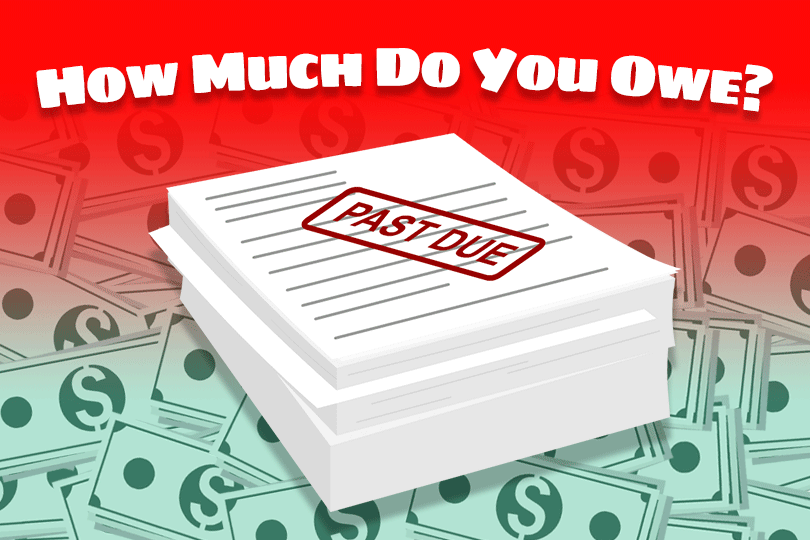FHA Home Loans and Debt

The first thing that’s required is to learn what the FHA considers to be “debt” and what things are not automatically counted as part of your debt ratio. That’s right, some of your monthly financial obligations may get left out of the calculation. Let’s explore that concept below.
FHA Home Loans and Debt Ratios
Something that confuses a lot of people is the concept that some debt isn’t “debt” in the eyes of the FHA for the purpose of calculating the debt-to-income ratio. What financial obligations are not counted? According to HUD 4000.1, the FHA Lender’s Handbook for the FHA Single Family Home Loan program, the following is not counted as debt:
- Medical collections
- Federal, state, and local taxes, if not delinquent and no payments are required
- Automatic deductions from savings, when not associated with another type of obligation
- Federal Insurance Contributions Act (FICA) and other retirement, such as 401(k) accounts
- Collateralized loans secured by depository accounts
- Utilities
- Child care
- Commuting costs
- Union dues
- Insurance, other than property insurance
- Open accounts with zero balances
- Voluntary deductions, when not associated with another type of obligation
Buying a House With Student Loans
One debt-related area that particularly vexes some applicants when trying to make plans to buy a home? Student loans. Some worry that carrying large student loan debt will interfere with loan approval. One of the most important things you can do to address this issue is to make sure you are not delinquent on ANY student loans and that your record of payments is consistent for at least 12 months. Some may wish to explore student loan consolidation options ahead of a new home loan to see if that can help. It’s a very good idea to talk to a loan officer while you are in the planning stages of your home loan to learn what the lender thinks might help you out in your specific circumstances.
Some mortgage-oriented bloggers write about the student loan issue--one popular blog claims, “There are a number of mortgages that work well for borrowers with student debt, including the FHA loan, the Fannie Mae HomeReady mortgage, and the VA loan. These programs may allow 100% financing, low-down payments, and more.” Except there’s one big problem with a statement like that--an exact quote. Those with student loan debt can’t simply get 100% financing from FHA or the Fannie Mae HomeReady mortgage--these programs always require a down payment. The VA mortgage option mentioned by this article is ONLY available to qualifying military, veterans, and certain surviving spouses.
We point this out to remind that it’s easy to get misinformed about your options when reading different opinions on the internet--talking to a loan officer about your options is best.
------------------------------
Learn About the Path to Homeownership
Take the guesswork out of buying and owning a home. Once you know where you want to go, we'll get you there in 9 steps.
Step 1: How Much Can You Afford?
Step 2: Know Your Homebuyer Rights
Step 3: Basic Mortgage Terminology
Step 4: Shopping for a Mortgage
Step 5: Shopping for Your Home
Step 6: Making an Offer to the Seller
Step 7: Getting a Home Inspection
Step 8: Homeowner's Insurance
Step 9: What to Expect at Closing

Do you know what's on your credit report?
Learn what your score means.







